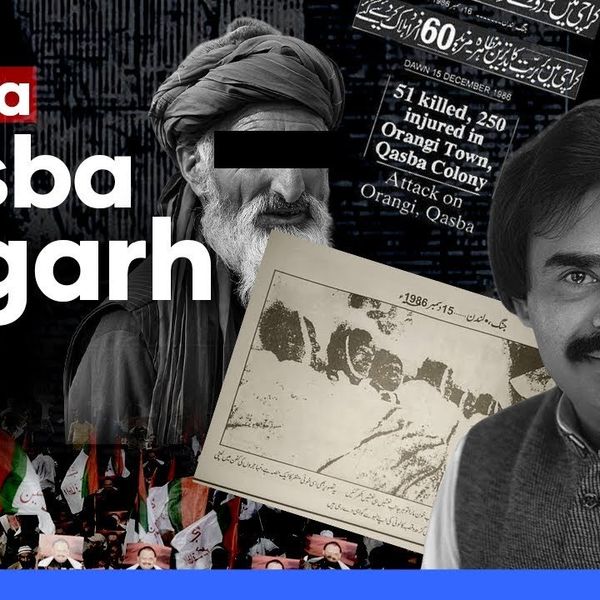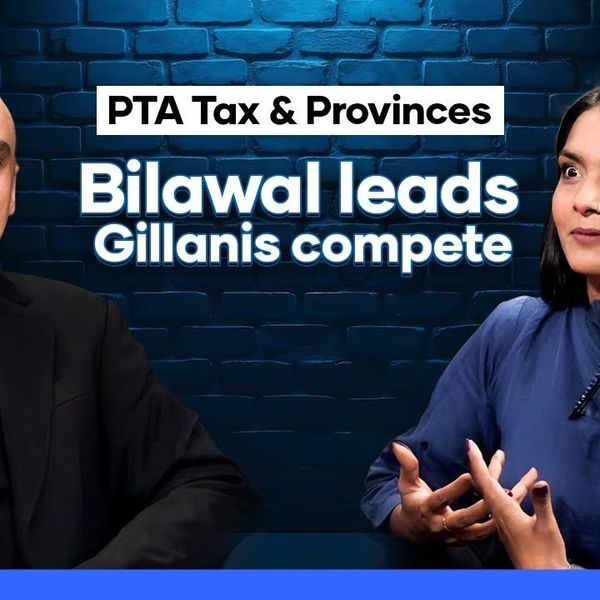Pakistan spent PKR 5.7 trillion to shore up loss-making state entities from FY16-23
Commercial State-Owned Enterprises recorded total combined losses of PKR 717 billion in FY23 alone

Javed Mirza
Correspondent
Javed Iqbal Mirza is an experienced journalist with over a decade of expertise in business reporting, news analysis, and investigative journalism. His work spans breaking news, editorial pieces, and in-depth interviews.

Commercial State-Owned Enterprises recorded total combined losses of PKR 717 billion in FY23 alone
Shutterstock
State-Owned Enterprises (SOEs) in Pakistan have been a significant fiscal challenge, draining PKR 5.7 trillion from government coffers for financial support between fiscal year 2015-16 (FY16) and FY23, which is approximately 1.4% of GDP.
According to the State Bank of Pakistan's (SBP) annual report, these SOEs have been consistently posting net losses for the last eight years. Additionally, government guarantees have created further risks to fiscal sustainability.
Compared to other countries, Pakistan has lagged in successfully reforming its SOEs. These reforms have been erratic, either rushed due to external pressure or stalled due to a lack of political consensus, making progress slow and inconsistent.
Commercial SOEs in Pakistan continue to strain government finances, recording total losses of PKR 717 billion in FY23 alone.
According to the report, the power sector alone, which accounts for about 25% of commercial SOEs, posted combined losses of PKR 208 billion. Five power distribution companies (DISCOs) were among the highest loss-makers.
The infrastructure, transport, and ITC sectors accounted for 69% of SOE losses, with significant losses from the National Highway Authority (NHA), Pakistan International Airlines (PIA), and Pakistan Railways (PR).
Read: Pakistan’s troubled privatization plan struggling to take off
From FY18 to FY23, commercial SOEs posted a combined loss of PKR 3.04 trillion. SBP research indicates that government support to inefficient, loss-making SOEs contributes to inflationary pressures, while addressing structural challenges as part of SOE reforms can lead to increased competition and reduced inflation.
By the end of FY23, Pakistan had 121 federally owned SOEs, 73% of which were commercial. These entities are spread across sectors such as finance, oil and gas, power, infrastructure, transport, ITC, manufacturing, and trading.
While they contribute to government revenues and generate employment, they frequently need government assistance, impacting fiscal sustainability.
The fiscal impact of SOEs has been significant, with net losses of commercial SOEs increasing in recent years.
Government support to SOEs has generally grown as a percent of GDP, averaging around 21% of budget deficits during FY16 and FY23.
This support stems from inefficient business operations and politically influenced policy decisions, such as untargeted subsidies in the power sector. Consequently, many entities rely on government support through subsidies, equity injections, grants, and loans.










Comments
See what people are discussing